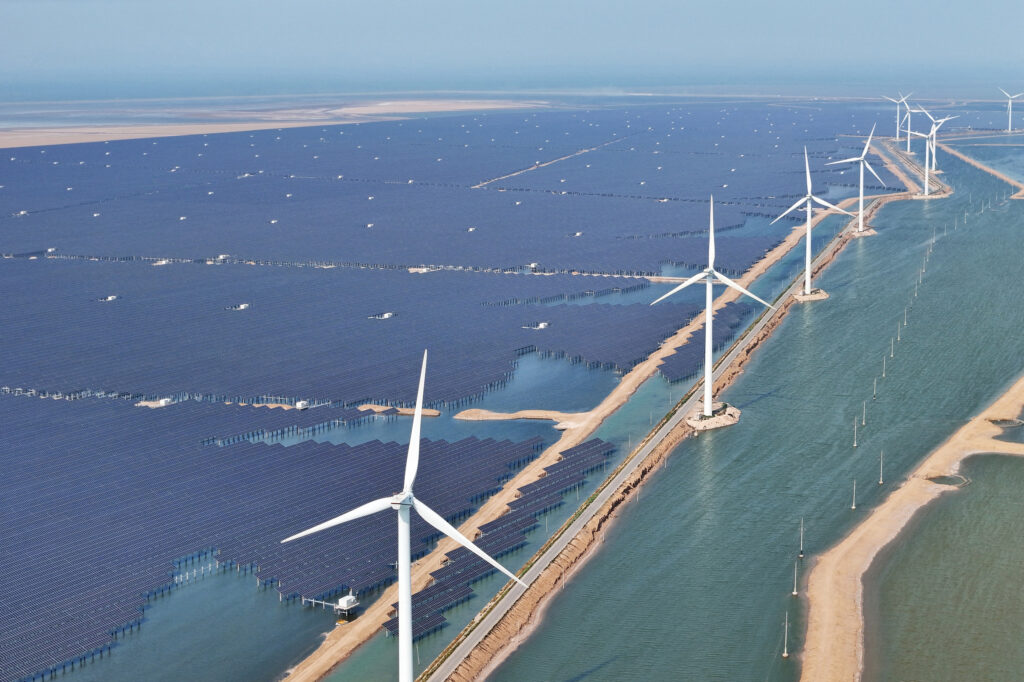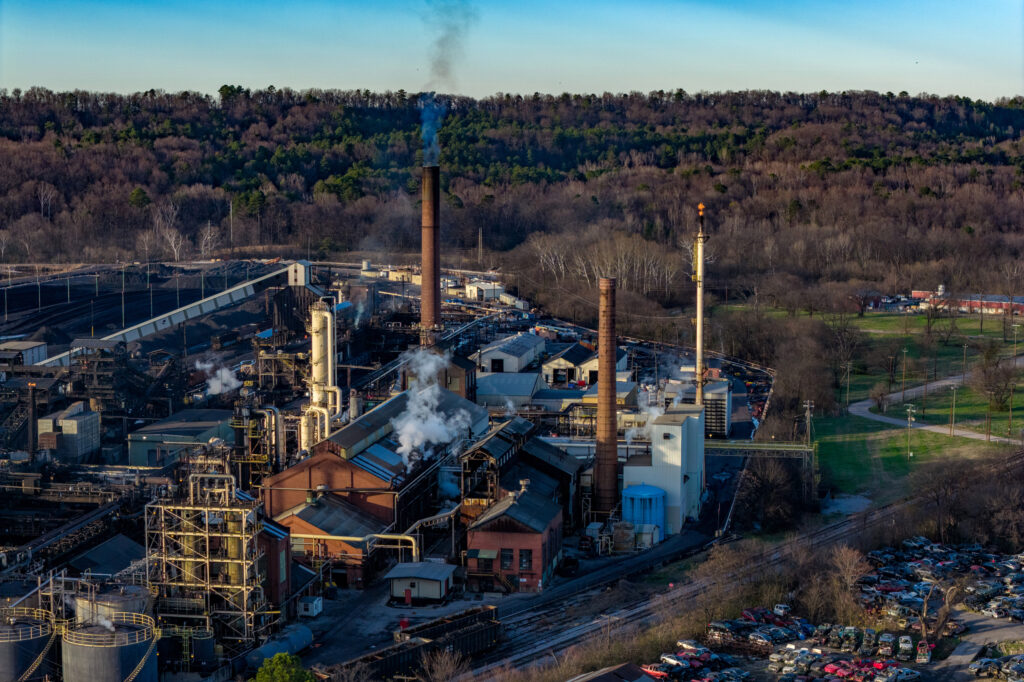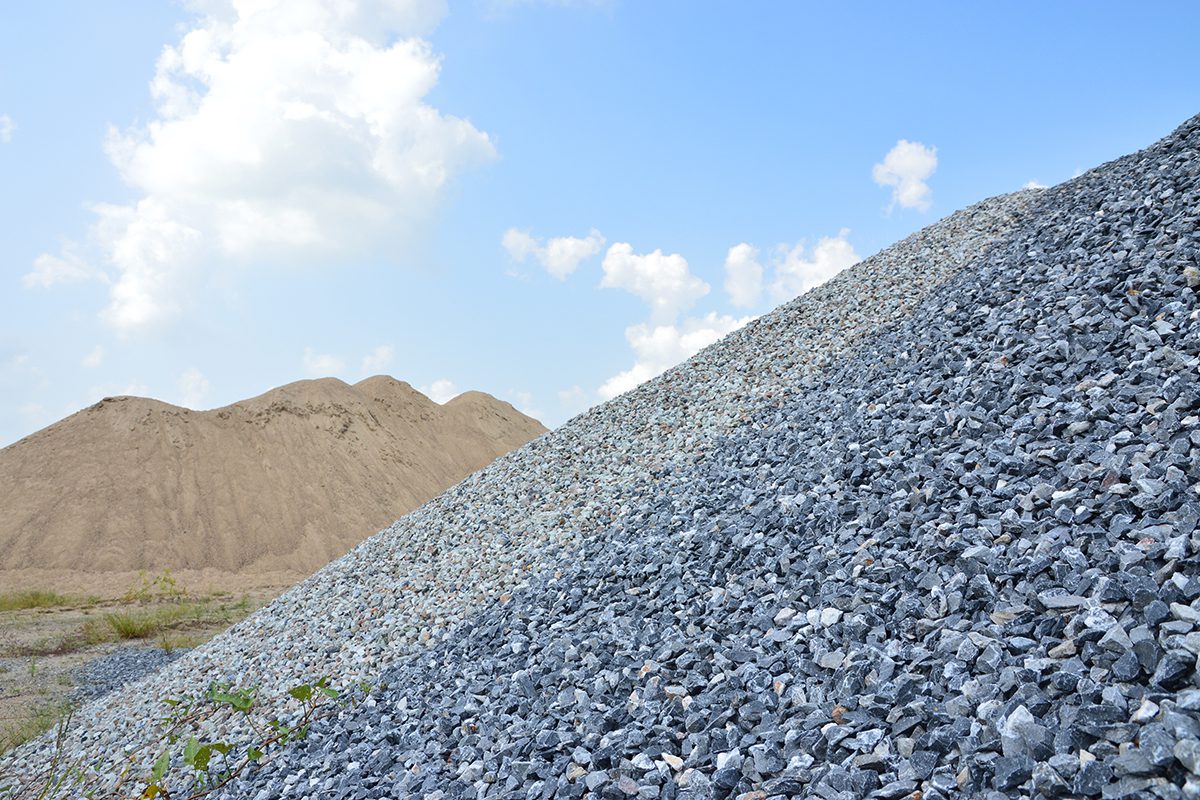Pennsylvania’s wetlands face a new threat from a Trump administration order that directs the U.S. Army Corps of Engineers to “fast-track” applications by fossil-fuel and other companies to build infrastructure such as pipelines and natural-gas pads in areas that may contain sensitive natural features and so have previously undergone closer scrutiny.
The Army Corps compiled a nationwide list of more than 600 pending applications for wetlands permits that would be processed faster, 60 of which are in Pennsylvania, the nation’s top producer of natural gas after Texas. The list was published this week by the Environmental Integrity Project, a watchdog group that advocates for enforcement of environmental laws.
As the Army Corps itself has noted, wetlands are important in myriad ways. They’re natural sponges for rain, helping to reduce flooding—increasingly important as climate change brings more deluges. They act as filters, improving water quality. Their nutrients are a critical part of the food web.
The Army Corps, which conducts wetlands and waterways reviews under the federal Clean Water Act, has historically approved virtually all wetlands permit applications, environmental advocates say. But it has often used on-the-ground inspections to inform its determinations on how a wetland would be affected by a development, and has frequently attached conditions to its permit approvals in an effort to protect an affected area while allowing the development.
We’re hiring!
Please take a look at the new openings in our newsroom.
See jobs
The conditions may have been the result of public comments or criticism that is part of the Army Corps’ deliberations, and environmentalists now fear that the faster approval process required by President Donald Trump’s Jan. 20 executive order claiming an “energy emergency” will reduce or even eliminate public input.
“We are concerned that the ‘fast track’ authority will mean the public is not notified, cannot express objections, and the Army Corps will not ask the developers detailed questions – and will then issue rubber-stamp permits that impose no requirements or limits on how much wetlands the developers can destroy,” wrote Tom Pelton, a spokesman for the Environmental Integrity Project, in an email. “A rushed process with no public feedback will produce weak permits that allow the developers to do whatever they want to do, with no protections for wetlands or waterways.”
The Army Corps’ Baltimore office, which oversees applications for all of the Pennsylvania permits besides one in Philadelphia, declined to say what a “fast-track” permit review would mean or whether there would be any change to public participation. The agency, which also would not confirm whether it normally approves nearly all applications, issued a statement saying only: “USACE is in the process of reviewing active permit applications relative to the Executive Order.”
The applications include 31 permits sought by Blackhill Energy for a natural gas pipeline running 7.3 miles through Bradford County, a heavily fracked area of northeastern Pennsylvania. The 16-inch pipeline is designed to run along an existing pipeline right-of-way, and would cross 24 streams and 38 wetlands.
Other applicants include Chesapeake Energy, now Expand Energy, which seeks permits for several natural gas well pads in Bradford County, and Consol Pennsylvania Coal Co., now Core Natural Resources, which wants a permit for a coal waste disposal area in Washington County.
Heidelberg Materials, a construction materials company that applied under its prior name, Hanson Aggregates, wants a permit to fill 4.5 acres of wetlands near the West Branch of the Susquehanna River to expand its sand and gravel mine in Montoursville, west of Scranton.
All but two of the Pennsylvania applicants are fossil-fuel companies; one is a solar project in York County. Each application on the Army Corps’ list is accompanied by the words “Declaring a National Energy Emergency.”
Under Section 404 of the federal Clean Water Act of 1972, the Army Corps reviews applications for permits for projects that would impact waterways, including by filling wetlands or dredging. For large projects, the agency requires public notification and the opportunity for public comment on the proposals. It then issues permits that often include conditions to limit environmental harm.
Wetlands throughout the United States were already under threat from the U.S. Supreme Court’s interpretation in May 2023 of the Waters of the U.S. rule, which allowed development such as mining or real estate in some areas where development was not previously allowed. The ruling stripped federal protections from millions of acres of wetlands.
Emma Bast, a staff attorney with the environmental group PennFuture, said the order to approve permits more quickly may mean details are missed, sensitive plants and animals are endangered, or that a wetland will lose its value as an upstream filter for precipitation.
“If you are going to build a pipeline or anything else in a wetland, you must undertake certain practices to make sure you minimize the impact,” Bast said. “In some cases, you are required to create a new wetland somewhere else in order to help balance. But if you are not accounting for the existence of a wetland, then it never gets balanced or you are not building it in a way that will minimize the impact. It will just disappear underneath the project.
“Fast-tracking might cause the applications to be taken on face value without field verification, and without the conditions that would protect the wetlands,” Bast said.
But she said approvals by the Army Corps aren’t necessarily the final word. People can appeal them to Pennsylvania’s Department of Environmental Protection because that agency has jurisdiction over all “waters of the Commonwealth.”
About This Story
Perhaps you noticed: This story, like all the news we publish, is free to read. That’s because Inside Climate News is a 501c3 nonprofit organization. We do not charge a subscription fee, lock our news behind a paywall, or clutter our website with ads. We make our news on climate and the environment freely available to you and anyone who wants it.
That’s not all. We also share our news for free with scores of other media organizations around the country. Many of them can’t afford to do environmental journalism of their own. We’ve built bureaus from coast to coast to report local stories, collaborate with local newsrooms and co-publish articles so that this vital work is shared as widely as possible.
Two of us launched ICN in 2007. Six years later we earned a Pulitzer Prize for National Reporting, and now we run the oldest and largest dedicated climate newsroom in the nation. We tell the story in all its complexity. We hold polluters accountable. We expose environmental injustice. We debunk misinformation. We scrutinize solutions and inspire action.
Donations from readers like you fund every aspect of what we do. If you don’t already, will you support our ongoing work, our reporting on the biggest crisis facing our planet, and help us reach even more readers in more places?
Please take a moment to make a tax-deductible donation. Every one of them makes a difference.
Thank you,
















